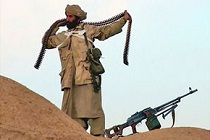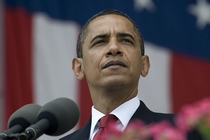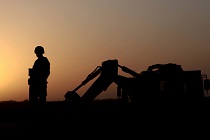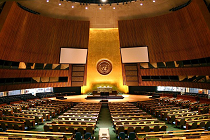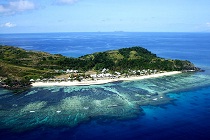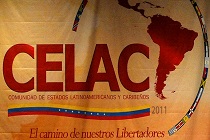Squeezing the Haqqanis: Will it work?
In the backdrop of a gradually weakening Quetta Shura, the Haqqani network has emerged as a powerful extremist group operating in the Afghanistan-Pakistan theater. How can the UN Security Council's recent sanctions against the Haqqanis act as a potential de-motivator for this Pakistan-based terrorist outfit?

